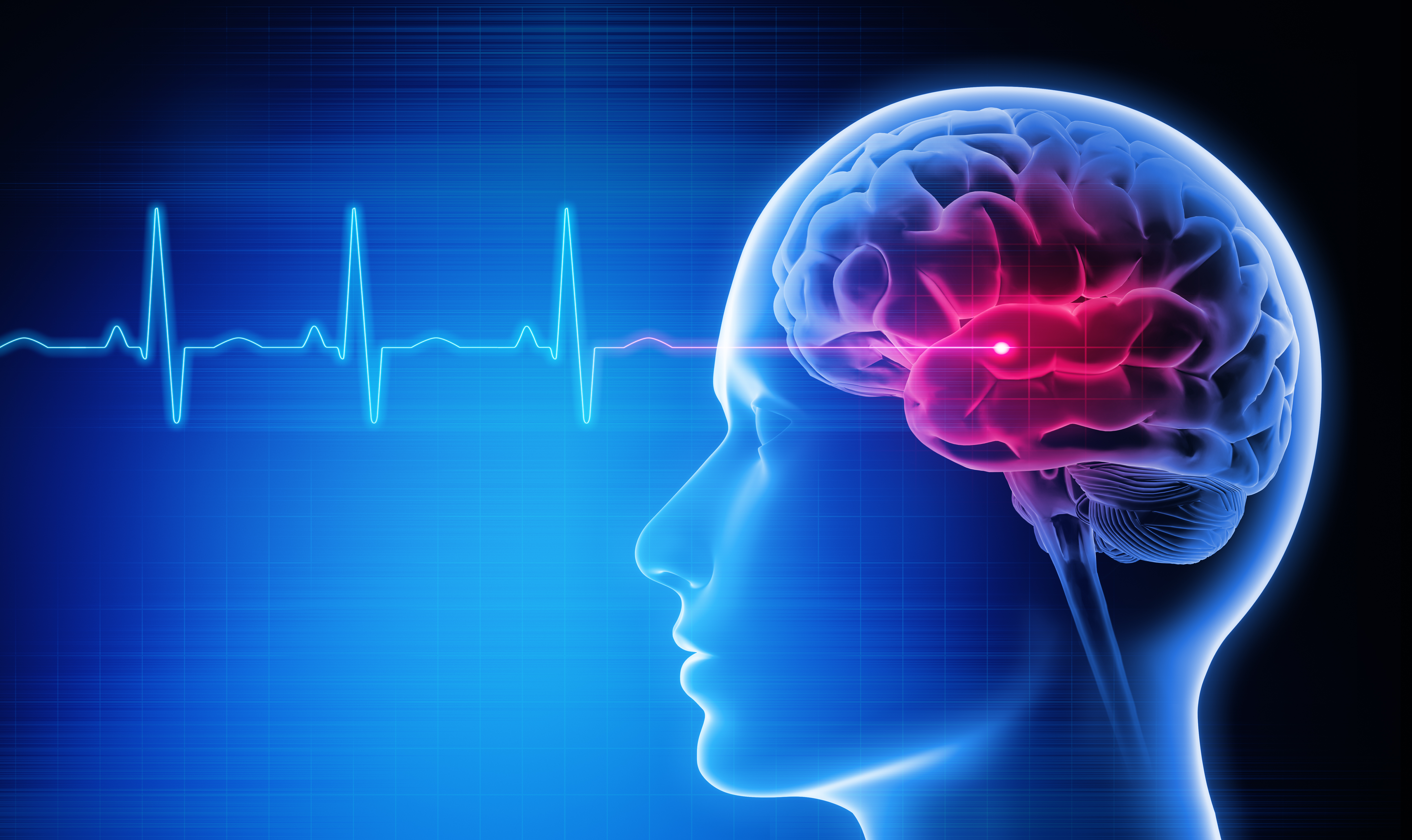By Alyssa Daniell
Deep brain stimulation (DBS) is an established technique for treating neurological conditions such as epilepsy or movement disorders like Parkinson’s disease. Dr. Sameer Sheth, neurosurgeon at Baylor St. Luke’s Medical Center and vice chair of research in the Department of Neurosurgery at Baylor College of Medicine, is leading efforts to expand the use of DBS to address psychiatric disorders, including obsessive-compulsive disorder (OCD), depression, and many others. Together with Dr. Wayne Goodman, and Nicole Provenza, PhD—leading experts in psychiatric neuromodulation—Dr. Sheth is conducting clinical trials focused on advancing DBS as a therapeutic option for people with complex psychiatric illnesses.
DBS involves implanting electrodes into targeted areas of the brain and connecting them to a small, battery-powered device placed under the skin of the chest. The device delivers controlled electrical pulses that modulate abnormal brain activity. Much like a pacemaker regulates heart rhythms, DBS helps normalize circuits that contribute to psychiatric and neurological symptoms. In addition to its established use for conditions like essential tremor and Parkinson’s disease, DBS is now being studied as a treatment for OCD patients who have not benefited from conventional treatments like medication and/or psychotherapy.
For people with OCD and symptoms that persist despite various medication and behavioral therapy trials, DBS offers a promising alternative. Electrodes are typically implanted in areas such as the ventral capsule and ventral striatum—regions of the brain involved in emotion and behavior—and electrical pulses are dispatched. The electrical stimulation helps regulate dysfunctional brain activity, often resulting in significant symptom relief.
“People with psychiatric illnesses don’t usually think of neurosurgery as a solution but these surgical treatments are actually precise ways of restoring healthy function in previously dysfunctional brain circuits,” Dr. Sheth said. “We are very excited about these results and our team’s ability to help people with severe OCD and depression.”
The team has seen meaningful improvements in patients participating in these clinical trials. What began as a small, exploratory study has grown as evidence accumulates in support of DBS as a viable treatment for otherwise untreatable cases of OCD. Candidates for the trial typically have a formal OCD diagnosis and have not responded to multiple medications and evidence-based therapies.
Building on this progress in OCD, Drs. Sheth, Goodman, and Provenza recently received a grant to study DBS for treatment-resistant bipolar depression. The new research aims to identify neural biomarkers of changes in mood states based on real-time brain recordings. This line of research is not only expanding treatment options for people with severe psychiatric disorders but also advancing the understanding of how targeted brain stimulation can reshape mental health care.
